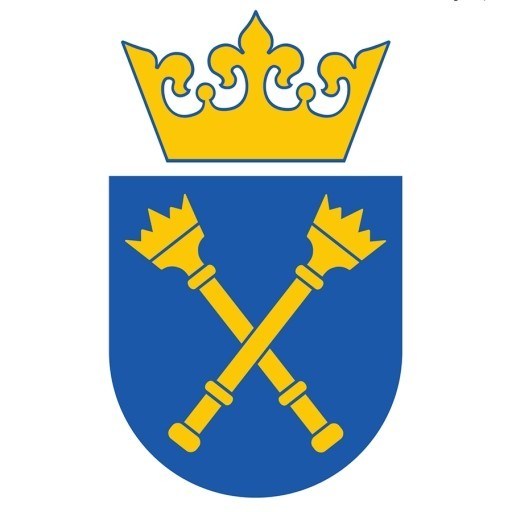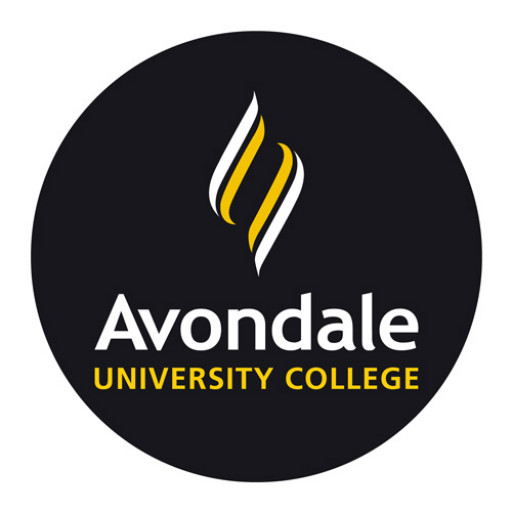Photos of university / #jagiellonian_university
The Medical Studies program at Maria Sklodowska-Curie University, offered through the Jagiellonian University in Kraków, is a comprehensive and rigorous undergraduate course designed to prepare students for a career in medicine. This program combines a solid foundation in basic sciences such as biology, chemistry, and physiology with extensive clinical training and practical experience. Students are engaged in a curriculum that emphasizes both theoretical knowledge and real-world application, ensuring they develop the critical thinking, problem-solving, and communication skills necessary for effective medical practice. The program features interdisciplinary coursework, laboratory work, and hands-on training in modern medical facilities, providing students with exposure to a wide range of medical specialties and healthcare environments.
Throughout the course, students participate in lectures, seminars, workshops, and clinical rotations, which are structured to enhance their understanding of human anatomy, pathology, pharmacology, and other fundamental medical disciplines. The program also encourages active participation in research projects, encouraging students to contribute to scientific advancement and evidence-based medicine. Emphasis is placed on ethical standards, patient safety, and compassion in patient care, shaping well-rounded future healthcare professionals. Graduates are equipped not only with comprehensive medical knowledge but also with the professionalism and empathy required to respond to the diverse needs of patients.
The program adheres to the highest academic standards and is delivered by experienced faculty members, including practicing clinicians and researchers. Students benefit from modern educational facilities, well-equipped laboratories, and access to clinical settings affiliated with leading healthcare institutions. The curriculum evolves continuously to incorporate the latest developments in medicine and technology, ensuring graduates are prepared to meet current and future challenges in healthcare. Upon successful completion of the program, students receive a medical degree that qualifies them to undertake further specialization, postgraduate training, or enter the healthcare workforce, both locally and internationally. This program is ideal for students committed to making a difference in health and medicine through dedicated study and practical engagement.
The Medicine Program for College and University Students at the Jagiellonian University in Kraków is designed to provide students with a comprehensive education in medical sciences, preparing them for a future career in healthcare. The program combines theoretical knowledge with practical skills, allowing students to develop a thorough understanding of human biology, anatomy, physiology, pathology, pharmacology, and clinical medicine. Throughout the program, students participate in lectures, seminars, laboratory exercises, and clinical internships, which are integral to their training. The curriculum emphasizes evidence-based medicine, ethical considerations, and patient-centered care, ensuring graduates are well-equipped to meet the demands of modern healthcare environments. The program also encourages active research involvement, fostering critical thinking and scientific inquiry. Students have access to state-of-the-art facilities, including modern laboratories and simulation centers, which enhance their hands-on learning experiences. The program is coordinated by experienced faculty members who are dedicated to academic excellence and patient safety. Upon completion, graduates receive a recognized medical degree that allows them to pursue further specialization, residency training, and licensing opportunities in Poland and abroad. The Jagiellonian University’s long-standing tradition of excellence in medical education ensures that students are part of a vibrant academic community committed to advancing medical knowledge and improving public health. Through interdisciplinary collaboration and international exchanges, students broaden their perspectives and stay abreast of global medical advancements. The program aims to produce not only skilled physicians but also compassionate and ethical healthcare professionals who can address the diverse needs of patients and society.
Program requirements for the Medicine Program for College and University Students at Jagiellonian University in Kraków include a combination of high school or secondary education diploma with a strong background in science subjects such as biology and chemistry. Applicants are typically required to pass the University’s entrance examination, which assesses knowledge in biology, chemistry, and physics, as well as demonstrate proficiency in the English language through standardized tests such as IELTS or TOEFL. Additionally, candidates must submit relevant academic transcripts, proof of language proficiency, and a motivation letter explaining their interest in medicine and career aspirations. The selection process often involves an interview to evaluate aptitude, motivation, and communication skills. Prospective students are also expected to meet the health requirements specified by the university, including medical examinations confirming their physical and mental ability to undertake medical studies. Certain programs may require applicants to participate in an additional test or assessment, depending on the year of enrollment and specific competition quotas.
Furthermore, applicants must comply with specific legal and administrative requirements, such as providing a valid passport or ID, submitting application forms within designated deadlines, and paying applicable application fees. The program emphasizes interdisciplinary knowledge, responsibility, and commitment to lifelong learning, intending to prepare students for diverse careers in healthcare, research, or academia. Students are encouraged to engage in clinical internships, research projects, and extracurricular activities offered by the university to enhance their practical skills and professional development. Candidates should also be aware of the competitive nature of the program and the importance of maintaining high academic standards throughout their studies. The university promotes an inclusive and supportive learning environment, providing resources such as language support, academic counseling, and access to modern laboratories and medical facilities. These comprehensive requirements aim to ensure that admitted students possess the essential qualifications and motivation to succeed in the rigorous study of medicine at Jagiellonian University.
The financing of the Medicine program for college and university students at the Jagiellonian University in Kraków is primarily based on public funding sources, mainly allocated by the Polish Ministry of Science and Higher Education. The program is typically financed through the state's budget, which ensures that most students do not bear the full cost of their studies. Tuition fees may be applicable for international students or students who do not qualify for state-funded places, but for Polish nationals and certain categories of students, education is largely free of charge under the national education policy.
In addition to public funds, students may have access to government scholarships, grants, and student loans designed to support their educational expenses. These financial aids are often awarded based on academic performance, financial need, or specific eligibility criteria such as socio-economic status. The university also encourages students to seek external funding opportunities, including European Union grants and scholarships for outstanding students or those participating in research projects.
Apart from government and external funding, some students may obtain financial support through family contributions or part-time employment, which is common among students seeking to cover living expenses and educational materials. The university provides guidance and counseling services to assist students in navigating financial aid opportunities and managing their budgets effectively during their studies.
Furthermore, the university may offer various fee waivers or discounts for eligible students, including those participating in extracurricular activities, with disabilities, or from underprivileged backgrounds. These financial arrangements aim to make medical education accessible to a broader demographic, ensuring that talented individuals can pursue their careers despite financial challenges.
Overall, the payment structure for the Medicine program at the Jagiellonian University is designed to maximize accessibility through a combination of public funding, scholarships, external grants, and support programs. Students are encouraged to explore all available options and utilize university resources to support their educational journey. The university's commitment to affordable education reflects its mission to train highly qualified medical professionals dedicated to serving society.
The Medicine Program for College and University Students at the Jagiellonian University in Kraków is a comprehensive medical education offered by one of the oldest and most prestigious universities in Central Europe. This program is designed to prepare students for a future career in healthcare by providing a rigorous curriculum that encompasses various fields of medicine, including anatomy, physiology, biochemistry, pharmacology, pathology, microbiology, and clinical practice. The program is structured to combine theoretical knowledge with practical skills, ensuring graduates are well-equipped to meet the demands of modern medicine. Students benefit from state-of-the-art laboratories, modern lecture halls, and clinical practice opportunities at leading hospitals and medical centers affiliated with the university.
The curriculum emphasizes active learning through lectures, seminars, workshops, and problem-based learning sessions, fostering critical thinking and problem-solving abilities crucial for medical professionals. The program also integrates the latest technological advancements such as digital anatomy, virtual microscopy, and simulations to enhance clinical training. Throughout their studies, students are encouraged to develop not only scientific expertise but also ethical values, professionalism, and communication skills necessary for patient care. The program’s faculty comprises experienced academic staff and practicing clinicians dedicated to mentoring students and supporting their academic growth.
Students in this program also have opportunities for international exchanges and research projects, enabling them to gain global perspectives on medicine and healthcare systems. The program aims to create well-rounded medical professionals who are competent to operate in diverse healthcare environments and committed to lifelong learning. Upon graduation, students receive a diploma that authorizes them to undertake medical internships and enter residency programs, eventually leading to the ability to practice medicine independently. The institution continually updates its curriculum to align with contemporary medical standards and innovations, ensuring that graduates are prepared to meet future healthcare challenges.





